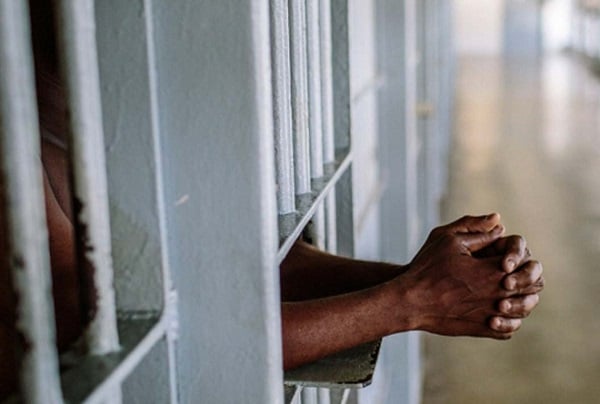For years, the walls of Nigeria’s correctional centres have hidden a quiet crisis—limited access to healthcare for those behind bars.
Prisoners, often overlooked by the public and excluded from policy-making, face the double burden of poor prison conditions and the absence of consistent medical care.
Yet, their health is inseparable from the health of the wider society, as these men and women are eventually released to return to their communities.
Overcrowding, shortages of medical staff, and low budgets have exposed many prisoner populations to disease and many health issues.
In a notable move, the Osun State government has begun enrolling approximately 1,100 prisoners in the Ilesa and Ile-Ife prisons into its free health care insurance plan.
The move opens the door to complete healthcare for prisoners—from routine check-ups to care for chronic disease.
Aside from the relief it will bring to the correctional institutions, the scheme is being painted as a step toward equality, affirming the promise that even the most vulnerable members of the community deserve access to good health care.
Why it matters
Prisoners too often experience malnutrition, overcrowding, and inadequate medical treatment, all of which offer fertile ground for diseases like tuberculosis, malaria, skin infections, and mental illness.
Untreated diseases become contagious and spread inside prisons and ultimately outside of them, after inmates have been released from prison back into their various communities.
By extending health insurance to inmates, Osun is tackling a systemic blind spot—one that has relentlessly fueled cycles of neglect and stigma for decades.
A model of inclusion
This new enrollment follows Osun’s track record of increasing healthcare coverage for vulnerable groups.
Pensioners, physically disabled individuals, and school children in public schools have already been enrolled under the state scheme in the past, with thousands given corrective glasses and medical support.
Further extending the same concept to the correctional facilities illustrates that access to healthcare should not depend on social or economic standing.
This approach echoes successful models elsewhere.
The state government of Kano made history last year when it registered prison inmates on the state healthcare contributory insurance scheme.
The move was to ensure that detainees received comprehensive, free, and quality healthcare services for as long as they were retained in custody.
Additionally, Gift Health Plus (GHP), working with the National Human Rights Commission and the Nigerian Correctional Service, initiated a nationwide supplemental healthcare project for prisons.
The road ahead
The Osun project can potentially act as an inspiration for other Nigerian states to follow. Nigeria has over 256 correctional facilities with over 80,967 inmates, many of whom do not enjoy easy access to routine medical care.
The same policies can potentially strengthen health status, reduce the burden of communicable disease, and facilitate ease of reintegration of convicts on return.
The effort also addresses stigma; inmates are typically considered outsiders who are not worthy of state investment.
But with its express coverage of them under its state health insurance plan, Osun redraws the narrative—incarceration doesn’t negate the right to health.
As with every reform, the real test lies with its implementation; thoughtful funding, collaboration between state health insurance agencies and prisons, and training of healthcare workers will determine how successful this step becomes.
For the first time, prisoners at Osun will have organized health care without reliance on the overcrowded federal system.
The Osun State government in Nigeria has initiated a significant move by enrolling approximately 1,100 prisoners in Ilesa and Ile-Ife into its free healthcare insurance plan, addressing the critical issue of limited healthcare access in correctional centers. This action aims to provide comprehensive healthcare to inmates, ensuring routine check-ups and care for chronic diseases while promoting equality and inclusion. Vulnerable populations, such as pensioners, the physically disabled, and school children, have already benefited from similar initiatives, reinforcing the idea that healthcare should be accessible regardless of social status.
Prisoners often suffer from malnutrition, overcrowding, and inadequate medical treatment, creating a breeding ground for diseases that can spread within and beyond prison walls upon their release. By providing health insurance to inmates, Osun is addressing this systemic neglect and stigma, fostering improved health and reintegration prospects. This reform aligns with successful models from other states, like Kano, and national efforts to extend healthcare in prisons.
The initiative not only promises to enhance inmate health and reduce disease burdens but also challenges the perception of inmates as undeserving of state investment. However, its success will depend on effective implementation, collaboration between health agencies and prisons, and healthcare worker training. This reform signifies a transformative step toward ensuring that incarceration does not strip individuals of their right to health.






